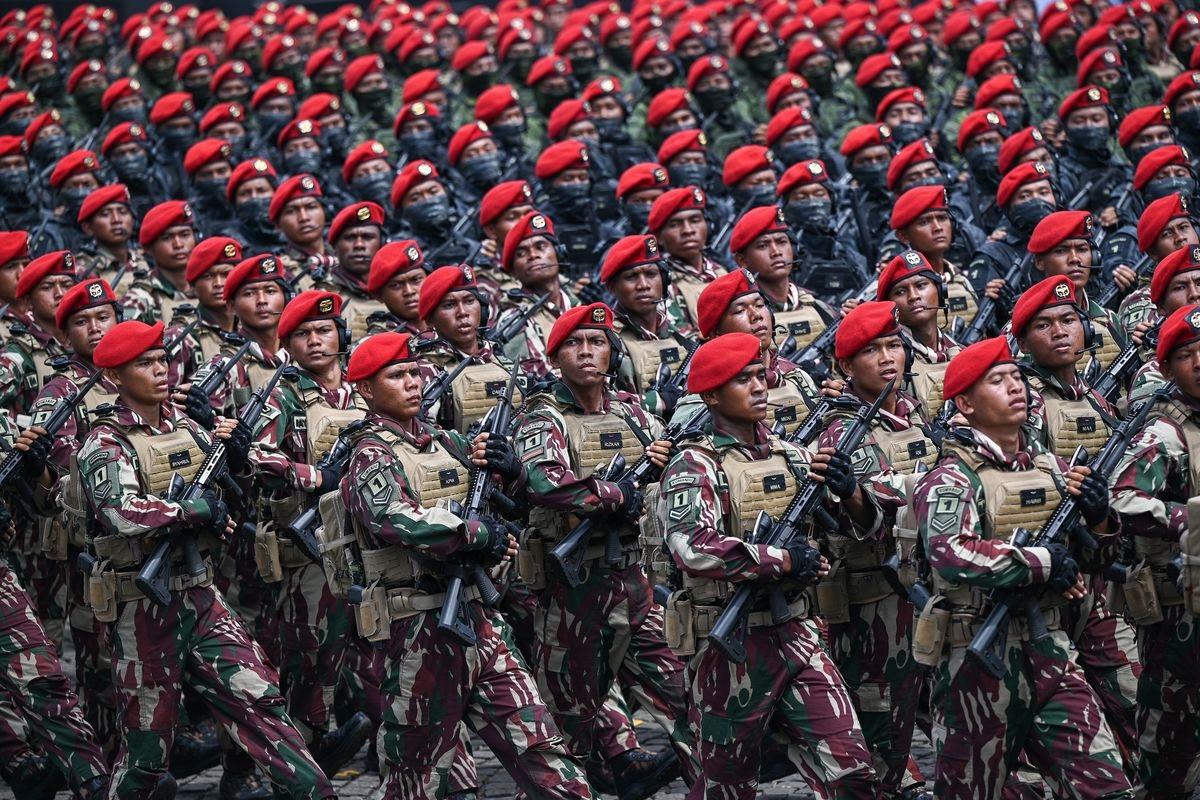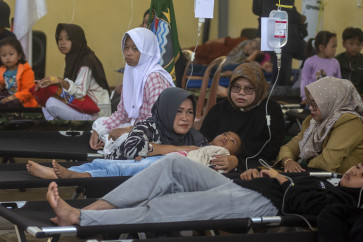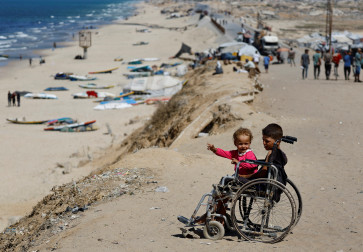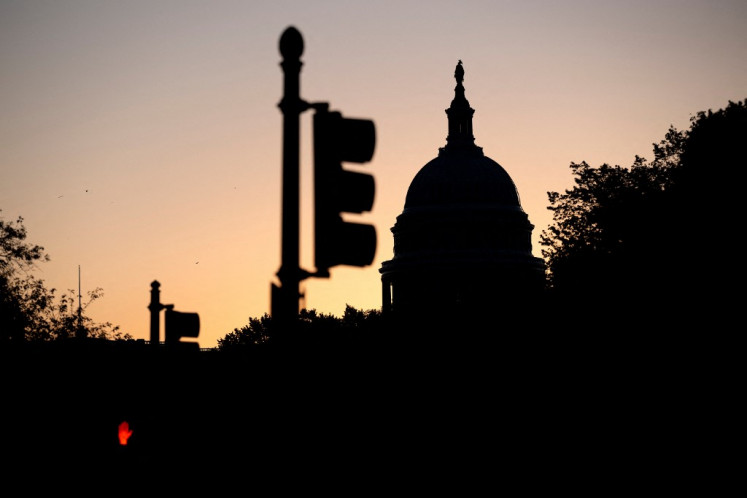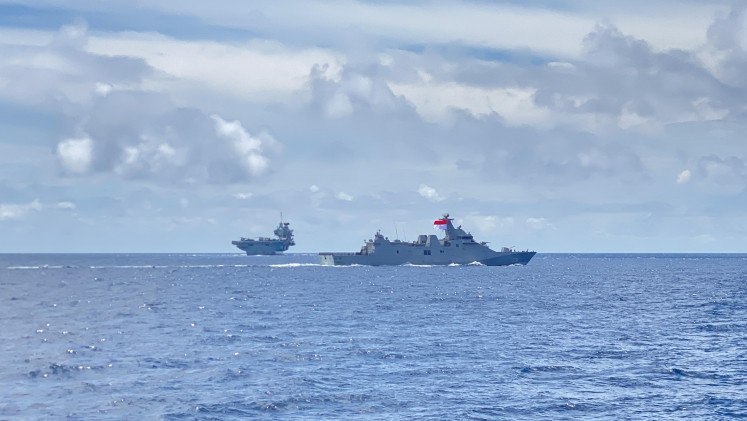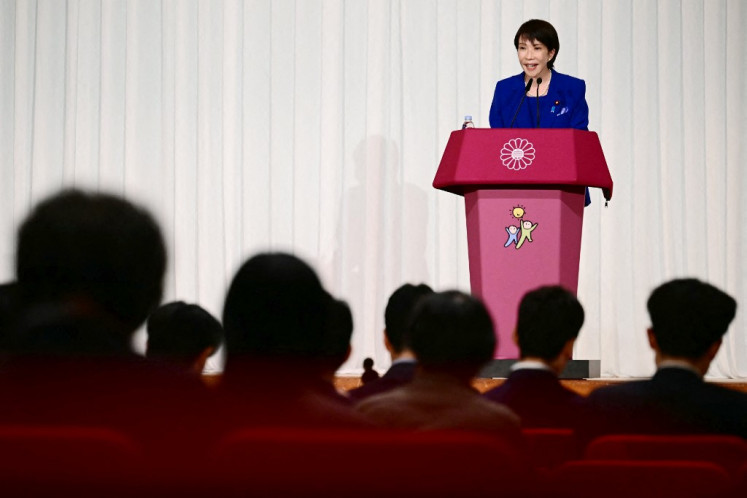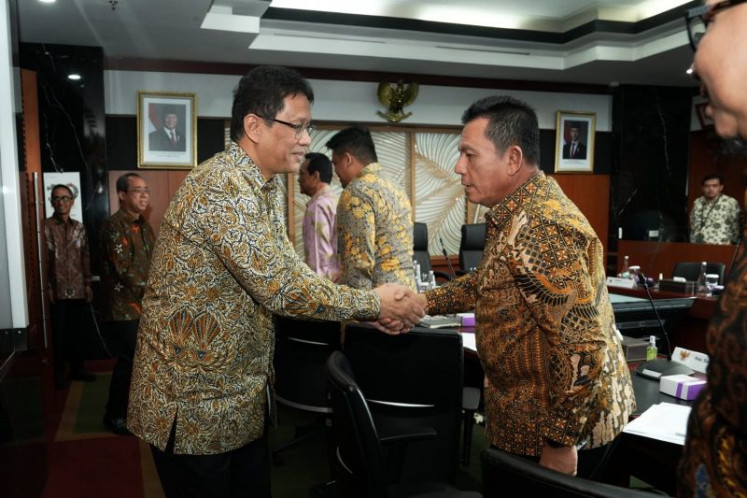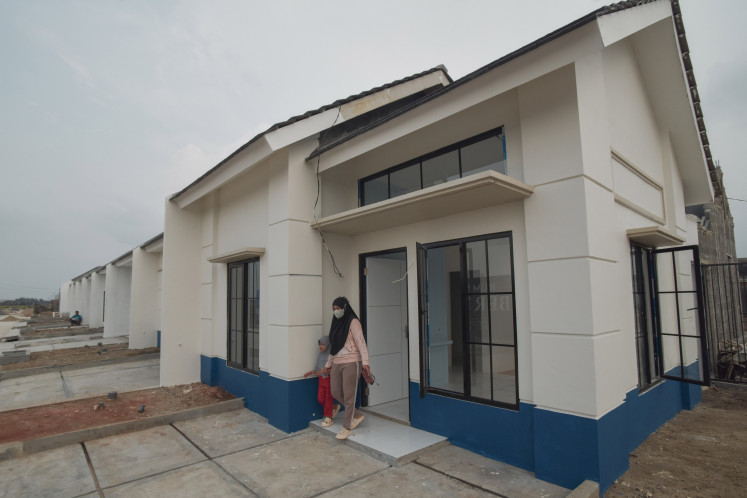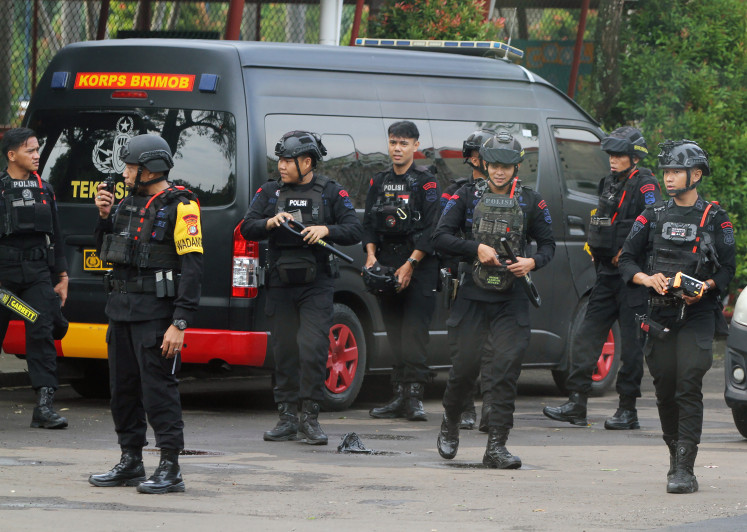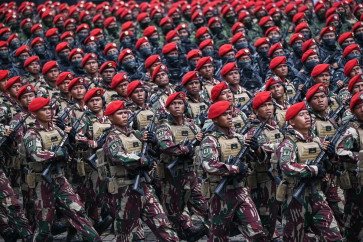Popular Reads
Top Results
Can't find what you're looking for?
View all search resultsPopular Reads
Top Results
Can't find what you're looking for?
View all search resultsModern, not yet professional
Within a modern democratic system, the military should maintain a distance from the civilian sphere and remain focused on external defense, and to avoid the temptation of intervening in public policy
Change text size
Gift Premium Articles
to Anyone
A
s the nation watched more than 130,000 Indonesian Military (TNI) soldiers participate in a grand parade to mark its 80th anniversary at the National Monument in Central Jakarta, a sobering question arose: What does the future hold for civil-military relations in the country's increasingly fragile democracy?
This query on the TNI's future remains pertinent, despite consistent opinion polls showing the military is the most trusted institution, apprehension is growing that the military's New Order-style "dual function" could return. This apprehension is fueled by President Prabowo Subianto’s appointment of several active and retired TNI officers to strategic posts in government agencies and state-owned enterprises (SOEs).
Prabowo, a retired Army general, was also behind the push for revision of the TNI Law earlier this year. Not only does the controversial law extend military soldiers’ retirement age, it also allows them to hold more civilian posts.
The TNI’s encroachment into civilian affairs occurs at a time when democracy, in Indonesia and around the world, is regressing. Indonesia's democratic regression notably began during the second term of President Joko "Jokowi" Widodo, Prabowo's predecessor. Evidence of this decline included the weaponization of law to silence critics and pass widely opposed bills.
It was also under Jokowi’s administration that the military began to be entrusted with roles far outside their primary duty of defending the state from external threats. These expanded duties ranged from safeguarding airports to planting rice to boost food security. This expansion was often highlighted by anecdotal evidence, such as the persistent rumor that key performance indicators of regional military commanders included rice production within their territories.
Marking its 80th anniversary, the TNI faces a defining moment in the country's democratic journey. The institution must choose between exacerbating and resuscitating the nation's ailing democracy. Given the military's rigid chain of command, the stance of its supreme commander, President Prabowo, matters most.
Prabowo's commitment to democracy that helped him secure the presidency last year is now put to the test. Having earned nearly every privilege as both a military officer and the son-in-law of Soeharto during the authoritarian New Order era, Prabowo may be tempted to turn the clock back.
Your Opinion Matters
Share your experiences, suggestions, and any issues you've encountered on The Jakarta Post. We're here to listen.
Thank you
Thank you for sharing your thoughts. We appreciate your feedback.

